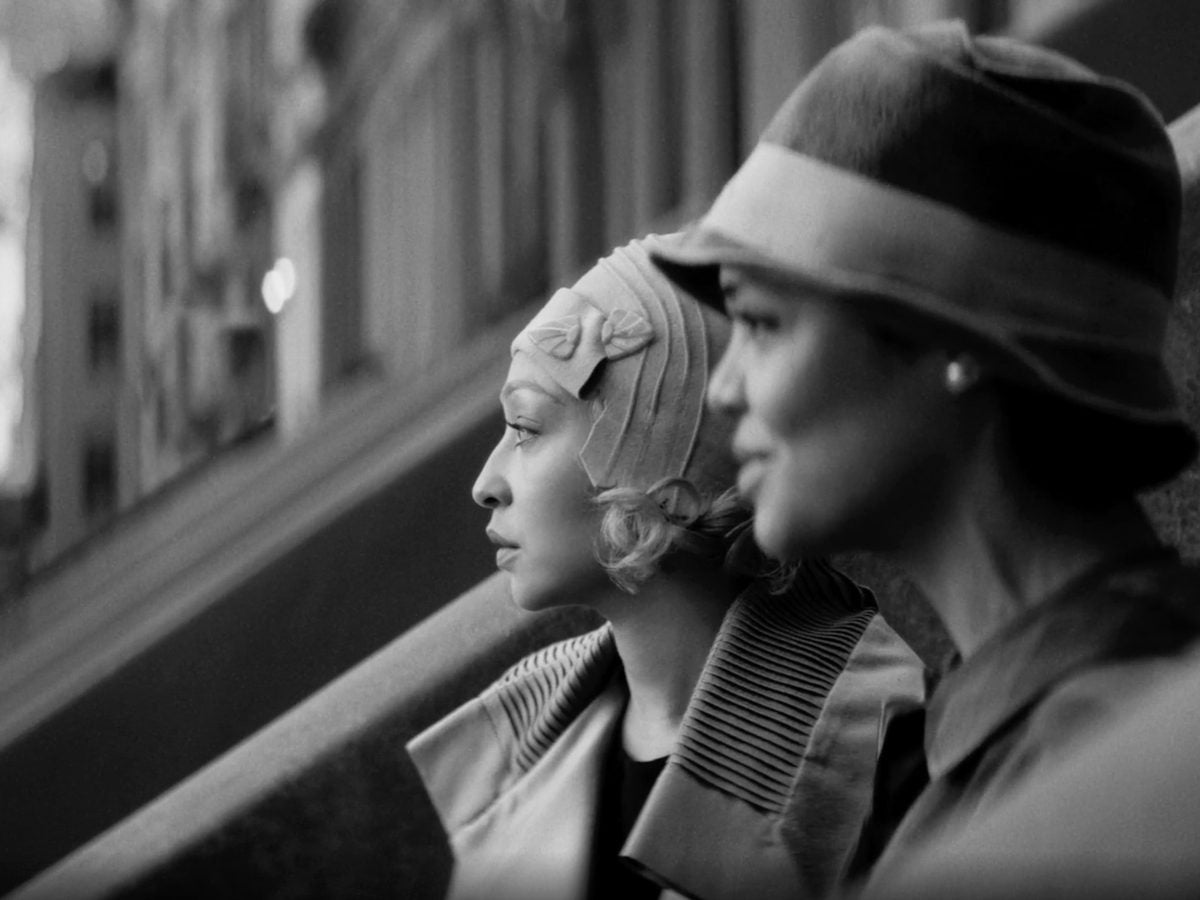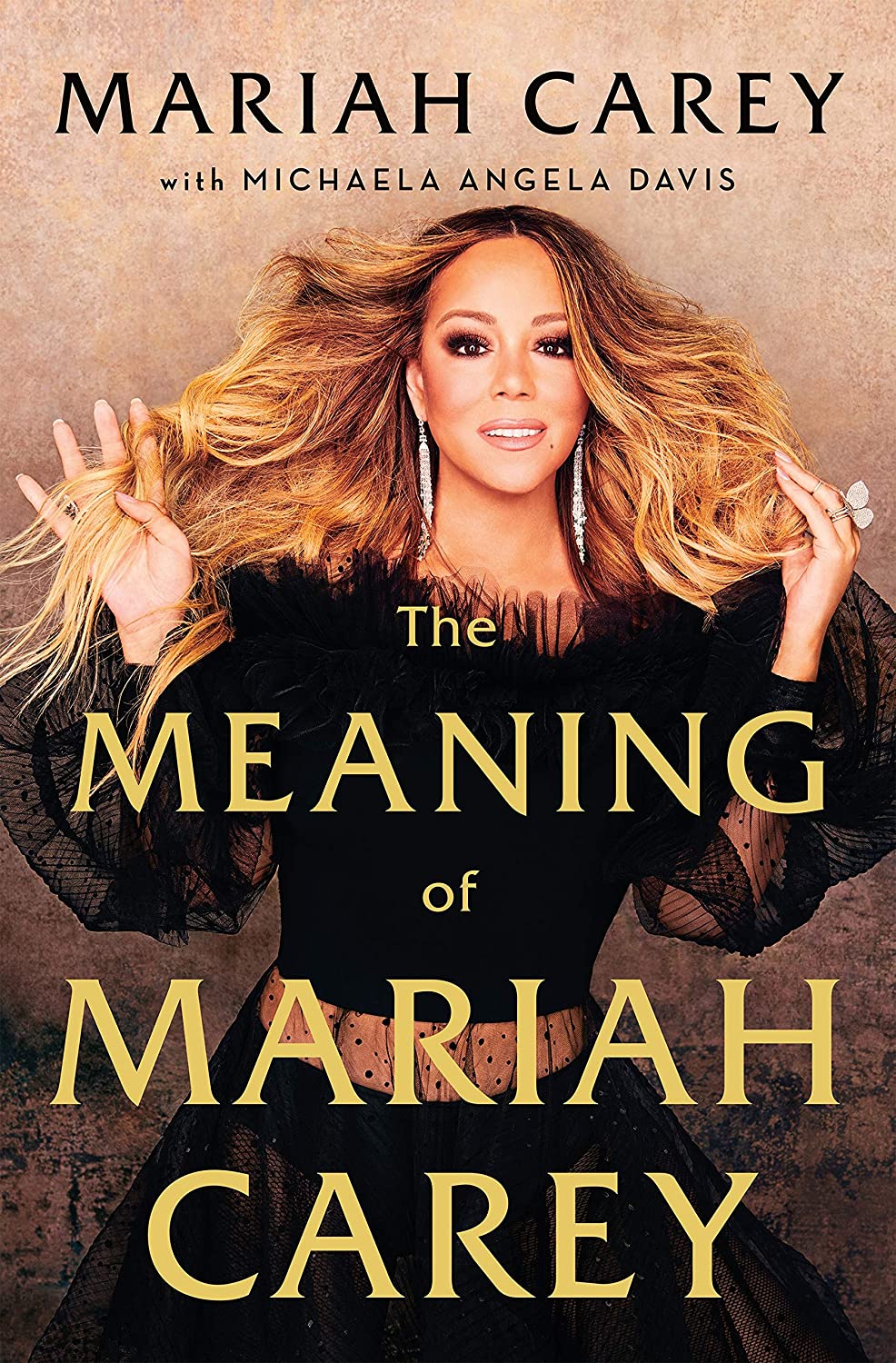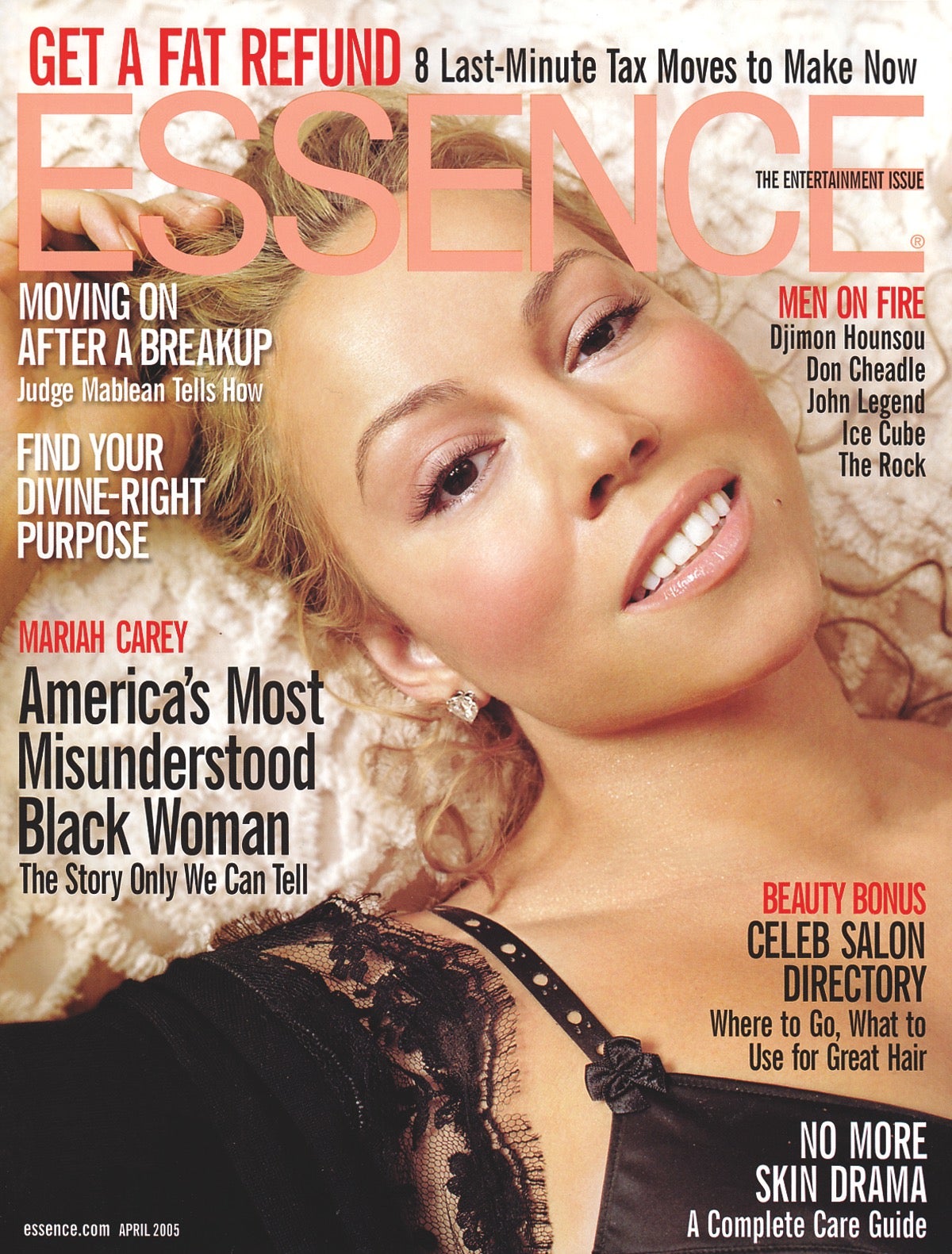Notes On ‘Passing’Posted in Articles, Autobiography, Book/Video Reviews, Family/Parenting, Media Archive, Passing, United States, Women on 2022-03-15 18:26Z by Steven |
Essence
2021-10-27

The upcoming drama, based on the 1929 novel, looks at the cultural self-alienation a black woman experiences when she attempts to gain the privileges that come with assuming a white identity.
When my light-skinned Black and mixed-race teenage son was little, I worried aloud to my best girlfriend about whether people would recognize him as Black—or whether, God forbid, he himself would decide to identify as even partially white. My girlfriend, who is also Black, would counter with, “Why would he want to be on that team? Seriously, have you seen that team?” Yes, I would say, all too much, for far too long. And we’d laugh, because it was funny-ish.
I was adopted by a white family and raised in a primarily white rural New England town. I then spent my life, well into adulthood, seeking out Blackness and trying to arrive at a place where I could feel unambiguous in my identity as a Black woman. My son opting to identify as white would have been the opposite of my journey. But as he grew older, I actually stopped worrying that he’d be taken as white—and became more worried that he’d be profiled by the police as Black. The irony…
Read the entire review here.



